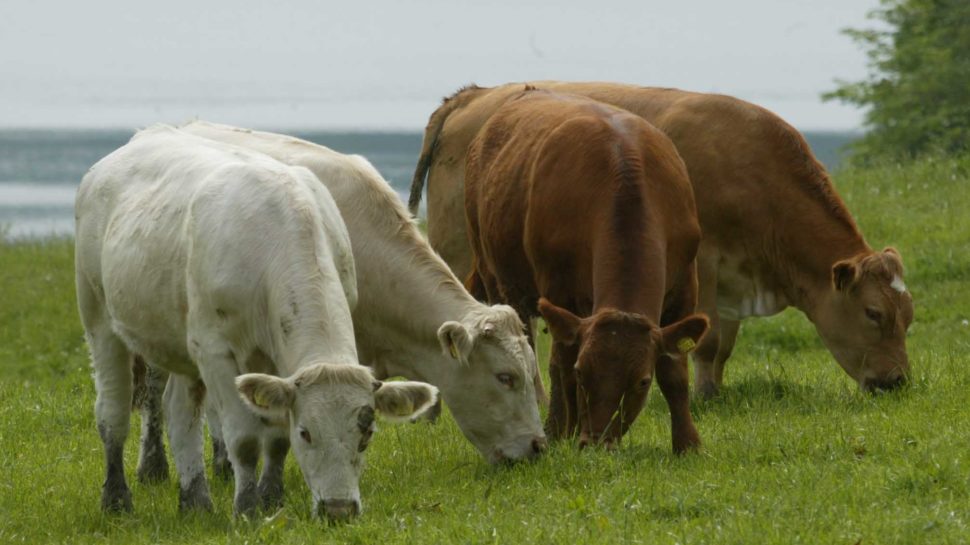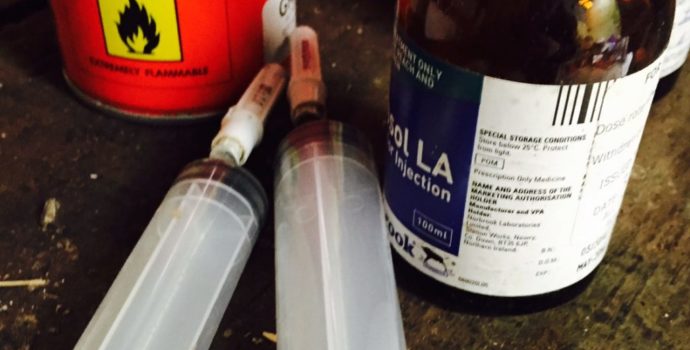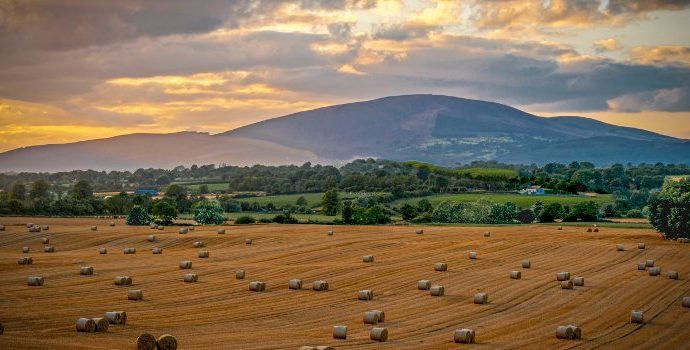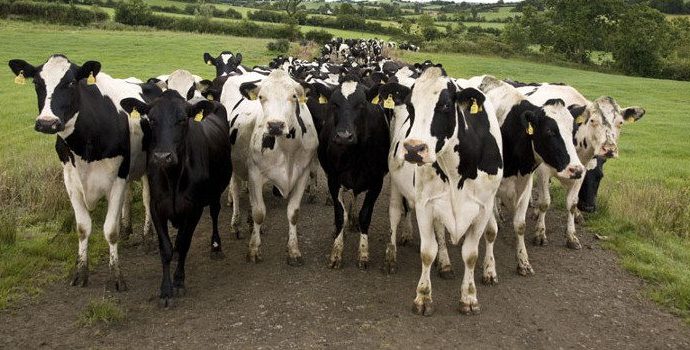IFA Call on Minister Coveney to Meet Northern Ireland Minister on Beef Issues and Live Trade

IFA National Livestock Chairman Henry Burns has called on the Minister for Agriculture Simon Coveney to take immediate action to address the beef sector issues and meet with the Northern Ireland Minister Michele O Neill to remove the artificial blockages being put in the way of the live export trade to Northern Ireland.
Henry Burns said the live trade to the North and Great Britain is a major issue and it is the direct responsibility of Minister Coveney to ensure that the EU single market is working properly for Irish farmers. He said “Over 3,000 farmers protested outside the Department of Agriculture two weeks ago. Livestock farmers are demanding Minister Coveney and Bord Bia engage with their counterparts in Northern Ireland and Great Britain as well as the major retail and processing groups and insist that Irish livestock are not blocked out of the market with artificial anticompetitive barriers.”
Henry Burns said IFA held discussions with farming representatives from all across the UK on the current problems on beef prices and specifications. The National Farmers Union (NFU) from England and Wales, NFU Scotland and the Ulster Farmers Union were all involved in the discussions.
“All representatives were very clear that the recent factory beef price cuts and abrupt changes to specification were damaging confidence in the beef sector and had inflicted significant pressure on winter finishers. “
The IFA Livestock leader said it was agreed that the IFA, NFU and UFU would continue to work closely together on the beef issues, and would have a more co-ordinated approach on the huge range of specifications that apply across the same markets.
He said, “It is not acceptable that some factories are attempting to apply an uneconomic 400kg weight limit here and the same meat company dealing with the same retailers in the same market are operating a 450kg limit in other jurisdictions”.
Henry Burns said there are other specification issues such as final residencies periods ranging from 70 days down to zero and different requirements on the number of farm residences, but all of the beef is being supplied to the same UK market.
The IFA Livestock leader said both processors and retailers in Ireland and the UK have to understand the grass-based production systems in Ireland and the smaller family farming structure, and appreciate that cattle have to move from breeding to weaning to fattening farms.
He said this essential movement is efficiently facilitated in an open and competitive fashion through livestock marts. He added that adjustments need to be made to the current in spec requirement of four farm residences in the South in order to better accommodate the sale and movements of animals. In addition, he said the final residency requirement must be adjusted to accommodate the sale of finished cattle through the marts.
The IFA Livestock Leader said a strong live export trade for male calves from the dairy herd was also essential to keep the beef trade in balance and avoid the problems that had occurred this spring.
Henry Burns said that cattle prices remain very difficult at unacceptable low levels for winter finishers. He said there are some indications that the market situation was improving with prices in the UK and across Europe showing some positive movements. In addition he said some retailers were offering promotions, which was moving beef in stock and demand is expected to pick up strongly for Easter. “The improvement in the weather and grass growth should also boost the cattle trade and improve confidence at farm level.”
The IFA Livestock leader said across Europe price remain stable with Bord Bia reporting prices for R3 bulls in Italy at the equivalent of €4.33/kg incl vat. In France young bulls are at €4.06/kg and at €3.99/kg in Germany. Henry Burns said male cattle are making over €4.00/kg in the main markets across Europe.
Henry Burns said based on the current market returns, where prices are very strong in our main market in the UK and prices are stable or improving across Europe, factories should be well capable of restoring cattle prices to viable levels.




